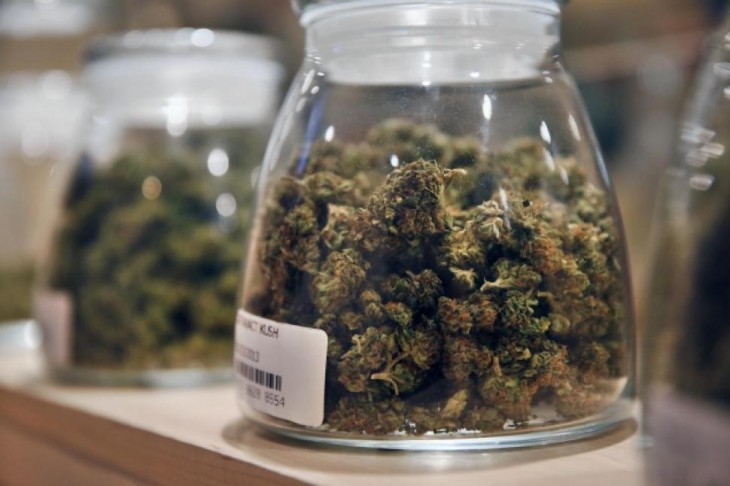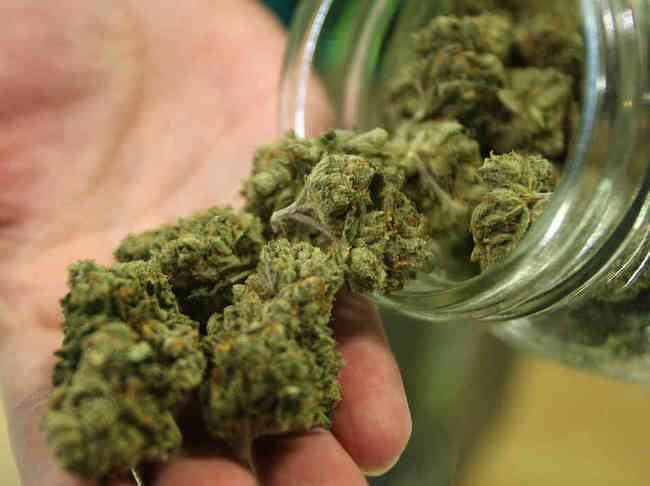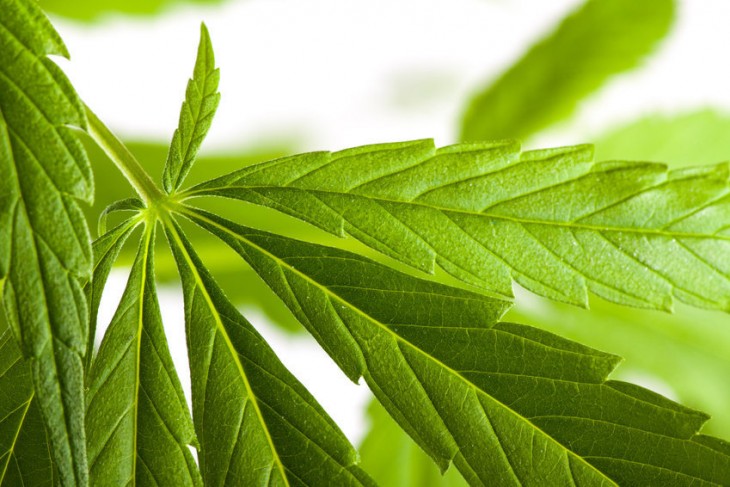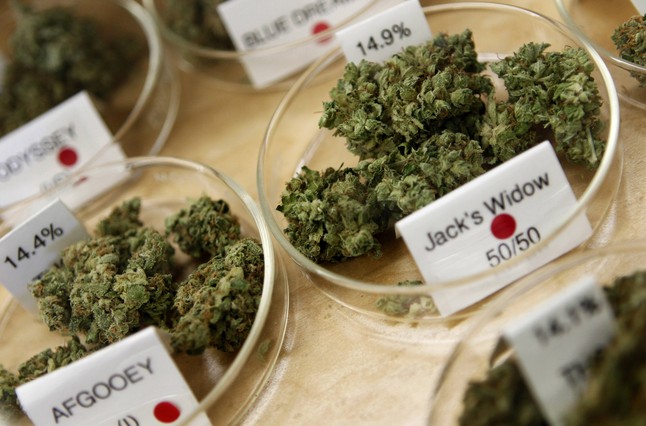The American federal law classifies marijuana as Schedule I narcotic, even though 28 states permit medical marijuana usage and eight more states allow the same for recreational purposes.
Here are the top four ways how federal cannabis laws affect both the industries that work on cannabis and people who consume it.
1. Healthcare
The cannabis consumers are often treated differently than other people. They are inhibited from accessing some of the healing processes or even participating in the ongoing health programs.
Certain individuals take part in pain management and relief programs, and if they are tested positive for cannabis, they get kicked out of these programs. The program organizers have to understand that they were, in fact, suffering from acute pain and were recommended opioids for their relief from the pain and attended pain management programs.
Similarly, pregnant mothers are treated differently; they would have used medical cannabis to cope up with their chronic nausea.
Cannabis consumers are also not considered suitable for any organ transplant.
2. Defense Services
Despite cannabis’ likely effects in treating chronic pain and PTSD, the active security personnel cannot use marijuana. They’ll be compromising their positions if they come in any contact with marijuana.
There’s been a little progress at least for veterans; they have been given access to marijuana for medical purposes. The young potential candidate who has consumed cannabis previously through any means can also enlist.
The veteran health affair cannot recommend cannabis to veterans even though medical marijuana is legal in states.
3. Employment
The companies can throw workers over usage of marijuana without bothering about legalization or any federal laws. The Prop.64 too says that employers in California can penalize their employees if they are tested for marijuana use and the result is positive, regardless of whether they are high or not during their job hours.
The workers cannot consume marijuana in their free hours. People working in healthcare or transport industries are forbidden to even think about marijuana, quite literally. Doctors are often worried that they’ll be in trouble if they recommend medical marijuana to any of their patients.
4. Banking
Major banking and credit card companies won’t provide their services to industries that are related to marijuana business out of fear that they’ll be in trouble and would be filed under money laundering activities.
Thus, cash is abruptly used, and the illegal activities keep thriving. The business might be illegal, but still the tax has to be paid to the IRS.
In the end, the federal laws have to be twisted to accustom it to the rapidly changing system that involves more usage of medical marijuana.









